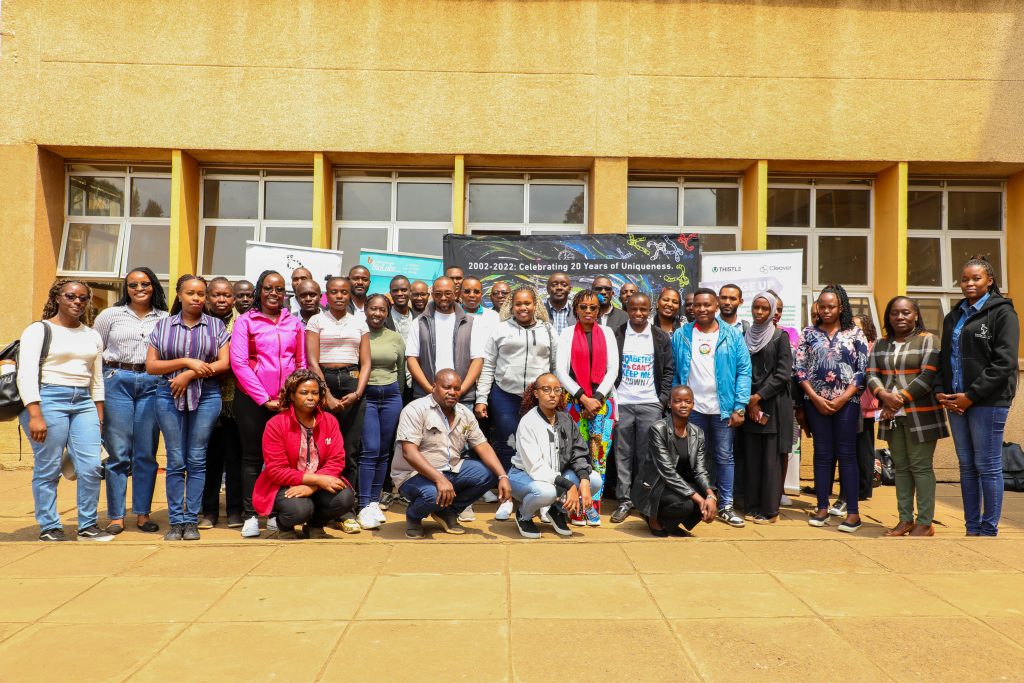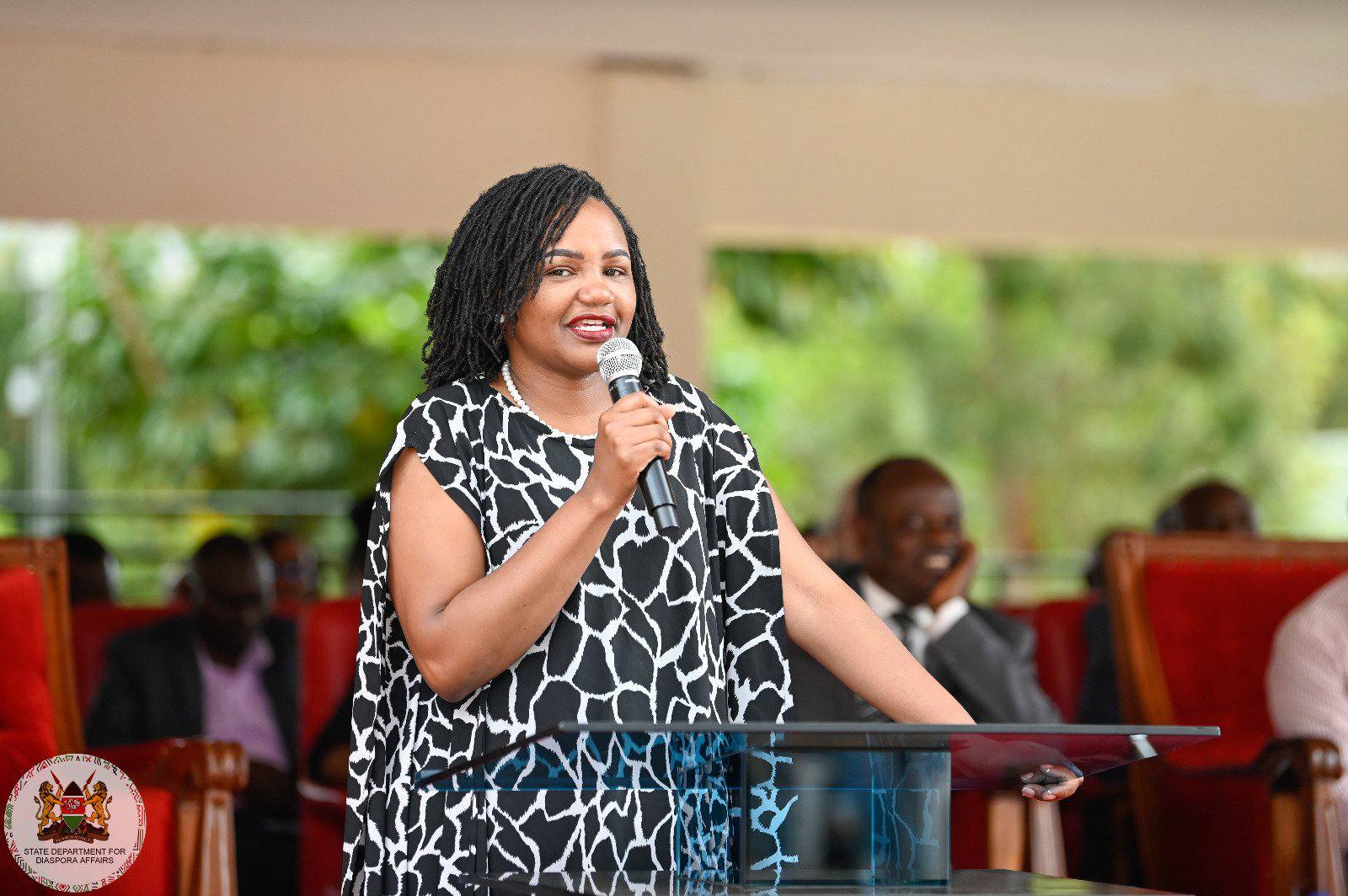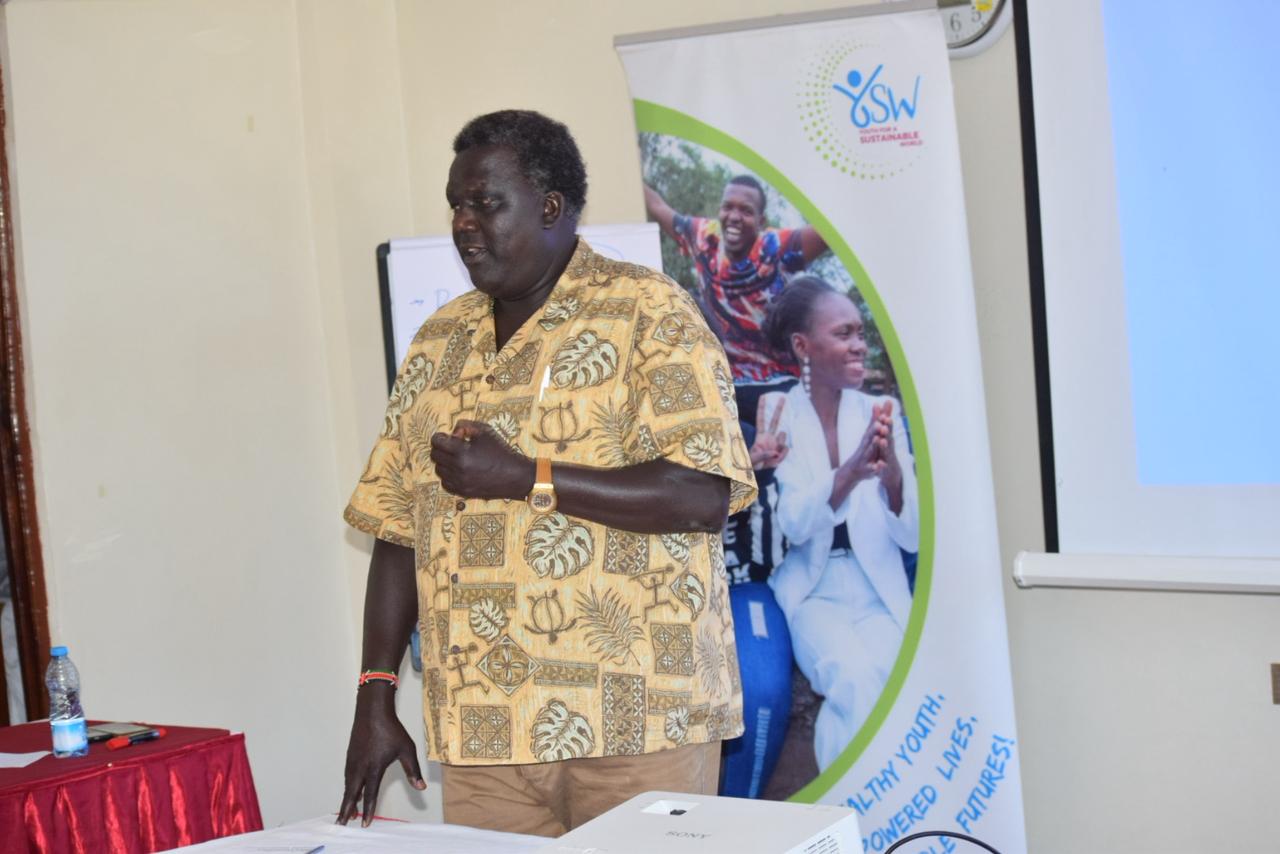The College of Pure and Applied Sciences (COPAS) at Jomo Kenyatta University of Agriculture and Technology (JKUAT) hosted a capacity-building workshop to equip postgraduate students in Biological Sciences with practical research skills.
The event organized through the Department of Botany brought together students, faculty, and industry experts to bridge the gap between academic training and real-world research needs.
Key focus areas included research proposal development, scientific writing, grant acquisition, and data collection and management, all critical for producing high-impact research.
The workshop aimed to close this gap by equipping staff and students with practical research skills and professional insights, focusing on key areas that promote research excellence and align academic preparation with industry demands.
Acting COPAS Principal, Prof. Peter Njenga, encouraged students to take such training opportunities seriously, emphasizing their role in shaping well-rounded researchers capable of translating academic knowledge into practical solutions.
Prof. Njenga highlighted the importance of developing both technical and professional competencies, noting that workshops like this provide valuable platforms for growth, innovation, and collaboration.
ALSO READ;
Mandera governor honoured in Paris for expanding education access
One of the workshop’s main objectives was to enhance participants’ abilities in research proposal development and scientific writing essential skills for postgraduate scholars seeking to conduct high-impact research and contribute to the region’s growing body of scientific knowledge.
Senior Lecturer and researcher Dr. Shem Kuya underscored the significance of grant writing, urging students to view it as the cornerstone of scientific independence.
Dr. Shem encouraged early cultivation of this skill, emphasizing that “self-reliance in research often begins with the ability to secure funding”.
Dr. Johnstone Neondo, from the Institute for Biotechnology Research (IBR) at JKUAT, addressed common challenges students face in data collection and management.
“It is important to determine the type of data required before commencing research. Clarity at this stage enhances documentation quality and streamlines the entire research process,” said Dr. Neondo.
Through expert-led sessions, peer-to-peer engagement, and interactive panel discussions, the workshop marked an important step toward ensuring that postgraduate education at JKUAT are well grounded in practical relevance and innovation.
By John Kamau
You can also follow our social media pages on Twitter: Education News KE and Facebook: Education News Newspaper for timely updates.
>>> Click here to stay up-to-date with trending regional stories
>>> Click here to read more informed opinions on the country’s education landscape






